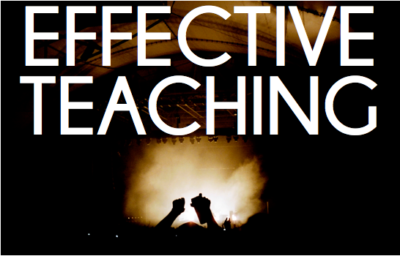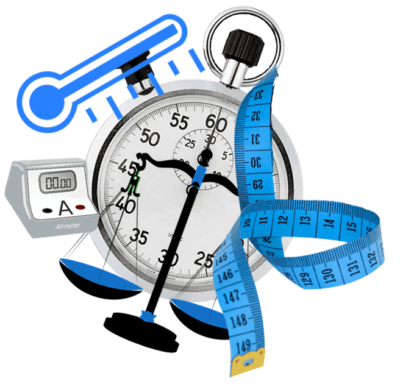There are two categories of students for whom this article is most important. There are those who devout enormous amount of time into studying, but at the end of the day, have nothing to show for it. There are others who often feel frustrated with their study habit because they never comprehend what they set out to study. This article is a guide on how to study smarter and not harder highlights some of the reasons why people do not make the most of their study time and how these challenges can be surmounted.
Be specific about what and why you want to study.
There are numerous reasons why people study and those reasons determine the study approach to be taken. While an individual may desire to study to acquire knowledge for its sake, another may set out to study specifically to prepare for an upcoming examination. Obviously, the urgency associated with the second reason for studying cannot be compared to that of the first. Besides, you need to be specific about what subject or course to study at a time. You will have a fruitless study time if you do not make up your mind about what exactly you are to study before getting to your place of study. Usually, when this happens, the student is confused with the number of textbook on his/her desk. The decision about what to study may linger for long after which some form of discouragement may set it. The solution is to select one or two books or topics to study before setting out for the task.
Take care of all possible distractions.
The 21st century student is besieged by numerous distractions, ranging from those caused by physical contacts with humans to those caused by the possession of a smartphone. Your smartphone, especially when connected to the Internet, can be the arch-enemy to your study time. Most people set out to study and in no time are seen responding to a stream of endless social media notifications. By the time they have responded to those messages, they would have expended the energy needed for study.
So, either switch off your phone or leave it out of your study place. If studying is a priority, those messages can wait to get your responses later. If you need to consult some Internet resources while studying, you have to employ self-discipline to use the Internet for the exact reasons of the moment.
Friends or family members can also also be sources of distraction to you. You should be bold enough to let them know and respect your study schedule.
Adopt a comfortable study position.
Adopting a comfortable study position is key to an effective study experience. People differ in terms of what they consider a comfortable study position. Although the conventional study position is to sit behind a writing desk, this does not favour everyone. It is advisable to sit erect to avoid dozing off. Some people could study for hours while lying on their backs. But if they adopt the traditional position of sitting, they become bored. The bottom line is to stick to what works for you.
Also Read: How to Learn Anything Fast and Remember it
Choose a favourable study time.
The time you set aside for study will also affect the effectiveness or otherwise of the said activity. You will need to find out what works for you: reading at night, at noon or in the morning. Do not imitate someone else, especially those who study at night. While that may favour them, it may be a recipe for disaster in your case. Find out what time of the day is perfect for you and stick to it.
Have a dictionary by your side.
The essence of studying is comprehension that will eventually lead to a change in attitude. Your effort to study will be fruitfless if you don’t understand the mode of communication adopted by the writer of whatever material or resources your are studying. To this end, having a dictionary to which you can refer when you come across unfamiliar words, is vital. As you encounter strange words and expressions during your study, do not fail to look them up. Failure to do so will undermine your ability to comprehend whatsoever you are studying.
Create summaries of your study sessions.
There is a relationship between retention of knowledge and writing. In other words, when we jot down (note-making) our understanding of what we study, we tend to easily retain and recall those pieces of information. Always have a book in which you can summarise what you have read. Your ability to produce a summary of a topic studied is a signal that learning has taken place.
Group study/study group
Some people study effectively only in the company of others. In this case, you must be careful of who constitutes your study group. You should select like-minded people to become members of your study group. Making your study group a place for all kinds of individuals will hinder your effectiveness when studying.
Quality rest and dieting enhance intellectual performance.
Fatigue is a sign that the body needs food and rest. Do not subject the brain to rigorous studies when your feel fatigued. Plan your rest time as you plan your study time because the brain performs best when it is refreshed. Apart from sleeping, sometimes, you just need to sit where you can admire nature. It refreshes the mind. Besides, maintaining a quality diet will enhance your effectiveness in studying. Avoid heavy meals at least two hours before your study time. You may snack will studying to ensure adequate supply of energy to the brain.
Get resources from the Internet. The Internet is the most viable option when it comes to the search for resources in any field of endeavour. We can get countless articles, books, videos, etc concerning whatever it is we are studying. Do not neglect the Internet. Maximise its educational benefits.










